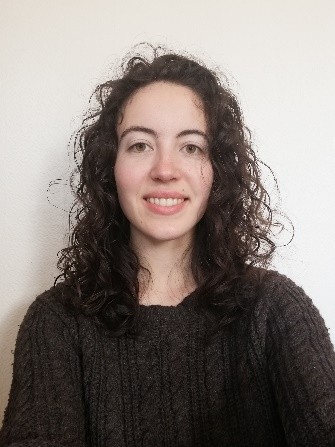Summary :
Introduction. Every year in France, cerebral palsy affects two children per thousand births. To respond to issues related to this complex pathology, children with cerebral palsy benefit from a multi-faceted support approach. The involvement of numerous professionals involved in the healthcare pathway raises questions about the place left to meaningful occupations for children, including play, inscribed as a fundamental right since 1959.
Purpose. This research explores the influence of the healthcare pathway on occupational participation for children with cerebral palsy, in relation to their fundamental right to play, and compared to their peers with typical development.
Methods. Qualitative research was conducted through semi-structured interviews. Two teachers and one teaching assistant practising in mainstream school system were questioned.
Results. The participants noted the burden of the healthcare pathway in the daily lives of the children supported. Nevertheless, they emphasised that the child had opportunities to play when the healthcare pathway was included onto school time. Other obstacles, both personal and environmental, were highlighted to explain the restrictions on play.
Conclusion. This research underlines the value of School-Based Occupational Therapy and the use of play as a therapeutic goal to ensure occupational justice regarding the right to play.
Cet article est payant !
Je suis abonné, je m’identifie ci-dessous.
Je ne suis pas abonné, j’achète ici
Article rédigé par :
-

Gaëlle Joannic
Ergothérapeute DE
gaellejoannic@gmail.comIFE de Rennes (IFPEK)
Directrice de mémoire : Clémence ORAIN

